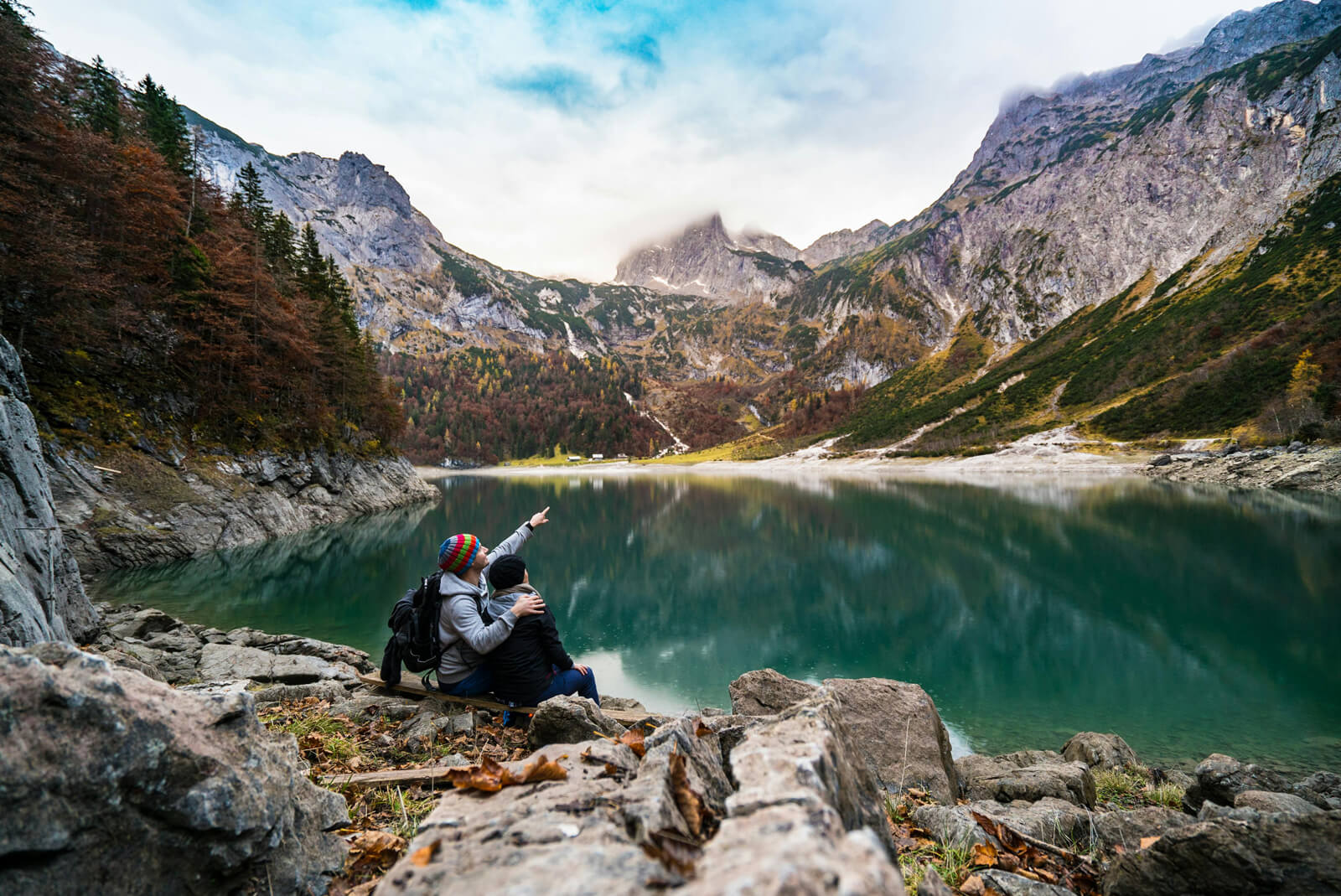The relationship between colonialism and tourism runs deeper than many travelers realize, shaping how we experience and interact with destinations around the world. This complex legacy continues to influence power dynamics, economic relationships, and cultural exchanges in the global tourism industry.
The Colonial Tourist Gaze
The tourism industry often perpetuates historical colonial hierarchies, where visitors from former colonial powers become the “tourists” while locals in formerly colonized regions become the “toured.” This dynamic creates an uncomfortable parallel to colonial relationships, with tourism sometimes functioning as a modern extension of colonial power structures.
Economic Power and Foreign Control
In many former colonies, tourism infrastructure and major developments remain largely controlled by foreign interests, often based in former colonial nations. This economic arrangement creates what scholars identify as neocolonial relationships, where financial benefits frequently flow away from local communities toward external stakeholders.
Cultural Impact and Exploitation
The industry’s colonial legacy manifests in several problematic ways:
- Cultural appropriation and commodification of local traditions
- Environmental degradation through unsustainable tourism practices
- Economic inequality between visitors and host communities
- Perpetuation of “us vs. them” mentalities
Case Studies in Colonial Tourism
Bali: A Modern Example
The Indonesian island of Bali serves as a prime example of tourism’s neocolonial impact. Foreign investment and development have led to local displacement and economic pressures that make it increasingly difficult for residents to afford living in their own communities.
Volunteer Tourism Concerns
Well-intentioned “voluntourism” can sometimes reinforce colonial power structures, particularly when untrained visitors from wealthy nations take positions that could be filled by qualified locals, especially in educational and childcare settings.
Towards Decolonial Tourism
To address these challenges, the tourism industry must evolve toward more ethical and equitable practices:
- Prioritize local community control over tourism development
- Preserve authentic cultural heritage
- Address historical power imbalances
- Promote genuine cultural exchange rather than exploitation
Moving Forward
The future of ethical tourism requires conscious effort to move beyond the “tourist gaze” that objectifies local cultures. Instead, the industry must foster genuine intercultural understanding and ensure that tourism benefits flow primarily to host communities.
Practical Solutions
To achieve more equitable tourism, stakeholders should:
- Support locally-owned businesses and accommodations
- Engage in responsible environmental practices
- Respect local customs and traditions
- Ensure fair compensation for local workers and service providers
The path to decolonizing tourism requires awareness, intention, and action from both industry leaders and individual travelers. By acknowledging colonial legacies and actively working to address them, we can help create a more equitable and sustainable tourism industry for all.











